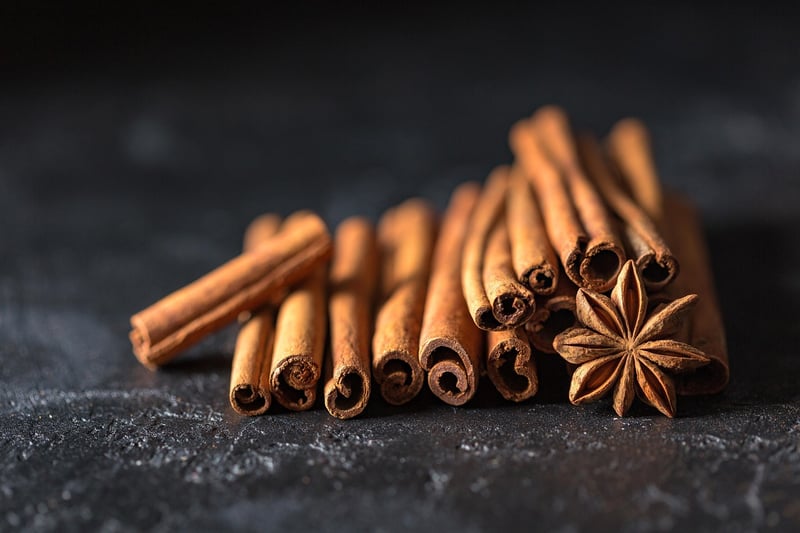Flavor Chemistry
Uncover the Secrets Behind Flavors with Flavor Chemistry
Flavors play a significant role in our daily lives, influencing our preferences, memories, and experiences. Have you ever wondered how a simple combination of ingredients can create such complex and delightful tastes? The answer lies in the fascinating world of flavor chemistry.
What is Flavor Chemistry?
Flavor chemistry is the study of the chemicals that give foods and beverages their taste and aroma. It delves into the molecular compounds responsible for the sweet, sour, salty, bitter, and umami flavors we perceive.
How Does Flavor Chemistry Work?
When we eat or drink something, our taste buds detect specific molecules in the food or drink. These molecules bind to receptors on our taste buds, sending signals to our brain, which interprets them as different flavors. For example, a molecule called vanillin is responsible for the delicious vanilla flavor we love in desserts.
Interesting Facts About Flavor Chemistry:
- Some flavor compounds are so potent that they can be detected in minuscule amounts, like the compound responsible for the smell of fresh coffee.
- Flavor chemists can recreate natural flavors using synthetic compounds, allowing for consistency in taste across different batches of products.
- Food companies employ flavor chemists to develop new products, enhance existing ones, and ensure quality control.
Exploring Flavor Chemistry in Everyday Life
Next time you savor your favorite dish or drink, take a moment to appreciate the intricate science behind its flavor. Whether it's the fruity sweetness of a ripe mango or the savory richness of a well-seasoned steak, flavor chemistry is at work, enriching our culinary experiences.
Ready to dive deeper into the world of flavor chemistry? Explore the links below:
- American Chemical Society - Flavor Chemistry
- Journal of Chemical Education - Understanding Flavor Chemistry

